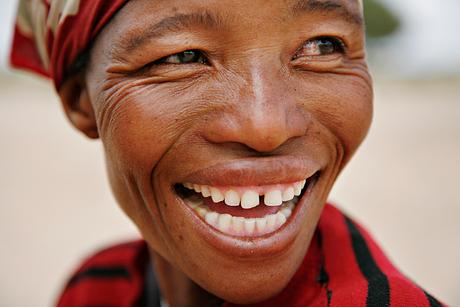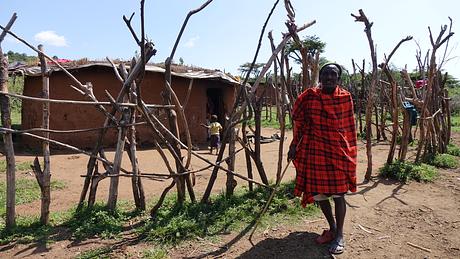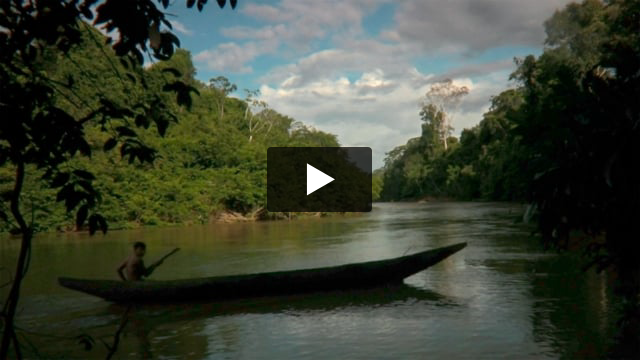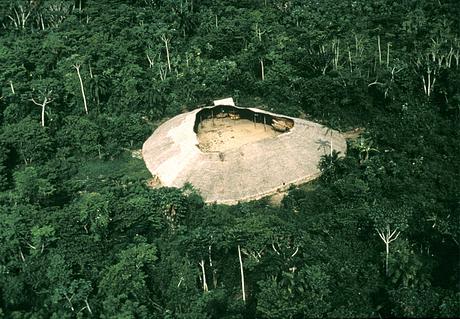Panama latest to sign up to tribal peoples' law
March 26, 2011

© Katherine B. Topolniski/Survival
This page was created in 2011 and may contain language which is now outdated.
Panama has pledged to ratify the international law for tribal peoples, ILO Convention 169, becoming the latest country to show its commitment to the rights of Indigenous and tribal peoples.
The announcement by the Panama government comes amid a new wave of support for tribal peoples’ rights. Recent ratifications of ILO 169 by Nicaragua and the Central African Republic have brought the total number of ratifications to 22, with the latter becoming the first African country to sign up to the Convention. Chile, Nepal and Spain have also signed since 2007.
Meanwhile, in December, President Obama reversed the USA’s opposition to the UN Declaration on the Rights of Indigenous Peoples, following Australia and New Zealand. The US was the last country formally to endorse the Declaration, which sets an international standard for tribal peoples’ rights.
ILO 169 is the only international law for tribal peoples, recognizing their rights to land ownership, self-determination, and consultation about projects that affect them. The more countries that ratify the Convention, the greater force it will have.
Survival is calling on all governments to ratify ILO 169. Unlike the UN Declaration, ILO 169 is legally binding, putting tribal peoples’ rights on a firm legal footing.
Survival’s director, Stephen Corry, said, ‘The colonial era destroyed thousands of tribal peoples. It’s shocking that, two generations after its end, so few countries have ratified the only international law confirming their rights. Governments which have not yet ratified should do so as a matter of urgency.’



